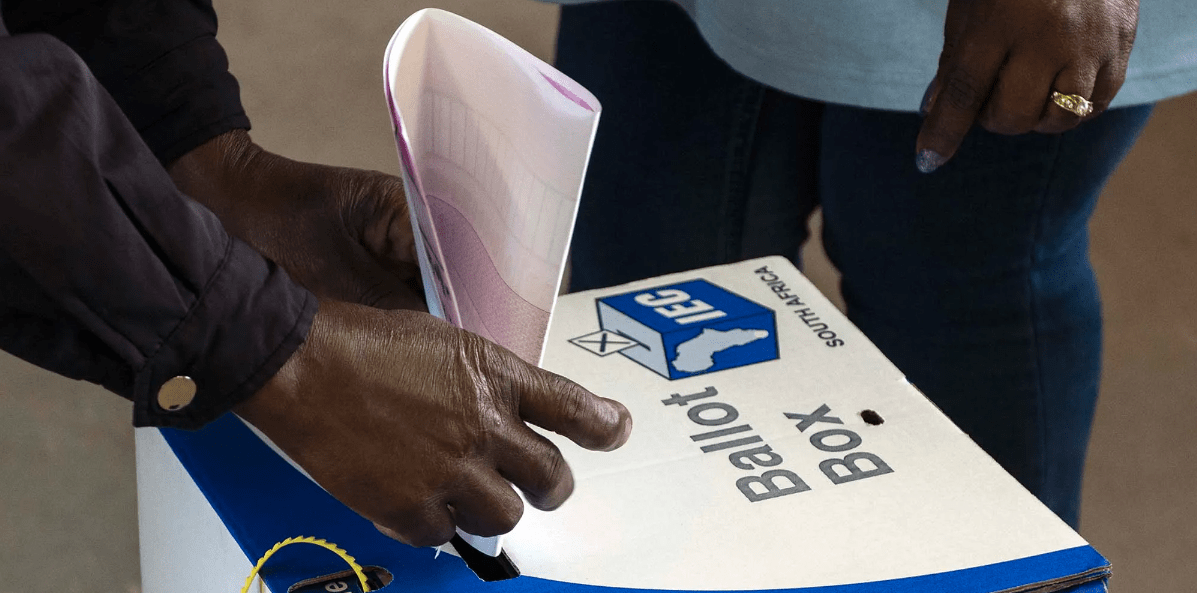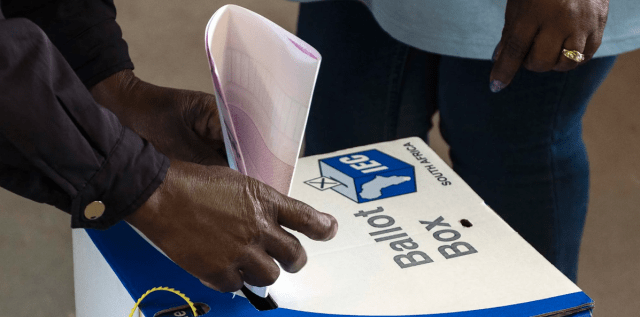

New discussion paper on electoral reform set to be released for public comment! A significant step toward potential changes in South Africa’s electoral system is underway as the Electoral Reform Consultation Panel prepares to release a new discussion paper for public comment.
This document, set to be unveiled on Tuesday, marks a pivotal moment in the country’s approach to electoral reform, as the panel works toward its mandate to evaluate and recommend necessary adjustments to the electoral framework.
Purpose of the Discussion Paper
The panel, appointed by Parliament, is tasked with examining the current electoral system and presenting recommendations by May 2025.
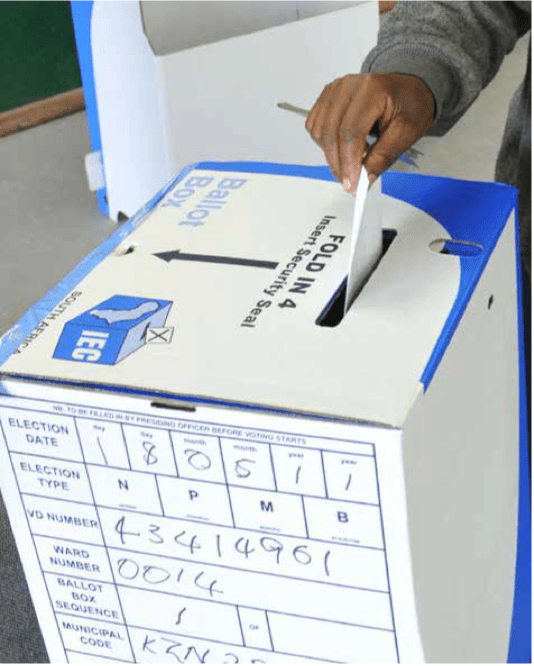
The newly released discussion paper is intended to serve as a foundational document for informed dialogue, offering the public and stakeholders an opportunity to engage meaningfully with the process.
Panel chairperson Richard Sizani emphasized that the paper covers a broad spectrum of topics, including:
- Electoral system types (proportional representation vs. mixed systems).
- Electoral districts and their structure.
- Ballot design and thresholds for representation.
In addition, the paper summarizes common themes and concerns raised during the first phase of public engagement.
Public Participation: A Key Focus
The Electoral Reform Consultation Panel has made it clear that the success of this process depends on active and inclusive public participation. The discussion paper is an open invitation for citizens, community organizations, political parties, and other stakeholders to voice their opinions.
This effort aims to ensure that any proposed reforms reflect the diverse needs and aspirations of South Africa’s people. The panel plans to conduct:
- Community-based public hearings in various regions.
- Online consultations to reach a wider audience.
- Special events designed to foster dialogue and gather input.
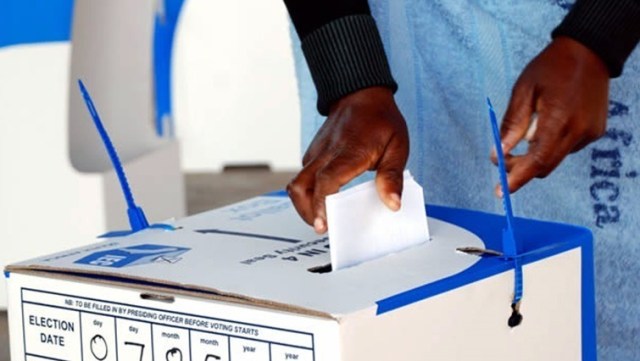
A Milestone for Independent Candidates
One of the most notable changes in recent elections was the inclusion of independent candidates in provincial and national elections, a first in South Africa’s history.
This development was a direct result of the Constitutional Court ruling in June 2020, which mandated that the electoral system must accommodate both independent and political party candidates.
The panel is now exploring how this shift impacts the broader electoral framework and whether additional measures are needed to ensure a fair and inclusive process for all participants.
Themes Emerging from Public Submissions
The first phase of public engagement revealed several common themes and concerns. While the panel has yet to disclose these findings in detail, Sizani indicated that they reflect a wide range of perspectives, from technical aspects of the electoral system to broader issues of representation, transparency, and accountability.
These insights will guide the panel’s work as it moves into the next stage of consultations, ensuring that the reform process is rooted in the real concerns of South Africans.
The Importance of Electoral Reform
South Africa’s current proportional representation system has served the country since the advent of democracy in 1994, providing an inclusive framework for representation.
However, critics argue that the system lacks direct accountability, as elected representatives are chosen through party lists rather than direct votes from constituencies.
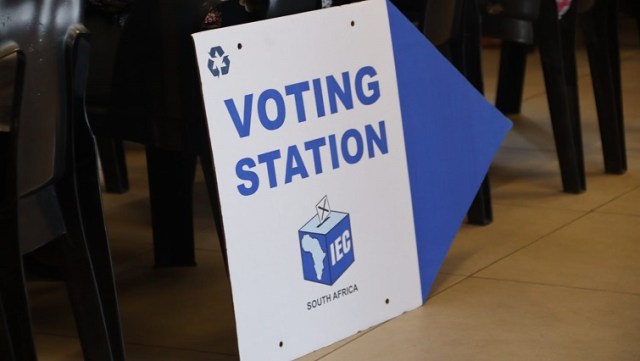
The ongoing reform discussions provide an opportunity to explore alternative models, such as:
- Mixed-member proportional systems, which combine direct and proportional representation.
- First-past-the-post systems, which prioritize direct constituency representation.
- Adjustments to ballot design to simplify voter participation and reduce invalid votes.
Next Steps in the Consultation Process
The release of the discussion paper marks the beginning of an extensive second phase of public consultation. Through public hearings, written submissions, and online platforms, South Africans will have a chance to shape the future of their electoral system.
The panel will compile these inputs into a final report, which will be submitted to Parliament in May 2025. This report will play a crucial role in determining whether changes are made to the current system and how those changes are implemented.
Conclusion
The ongoing electoral reform process represents a critical moment for South Africa’s democracy. By inviting broad participation and fostering open dialogue, the Electoral Reform Consultation Panel seeks to create a system that is more representative, inclusive, and responsive to the needs of its citizens.
As the public engages with the newly released discussion paper, the decisions made in the coming months will shape the country’s democratic future for years to come.
#discussion #paper #electoral #reform #set #released #public #comment
